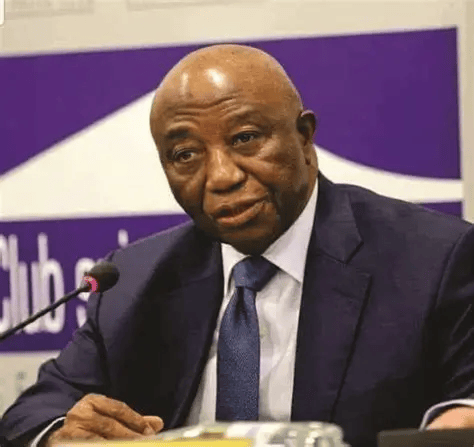During a luncheon with African leaders at the White House on Wednesday, U.S. President Donald Trump drew attention when he praised Liberian President Joseph Boakai’s command of English seemingly unaware that English is Liberia’s official language and widely spoken by its citizens.
Following President Boakai’s brief remarks at the event, Trump turned to the visiting leader and asked, “Where did you learn to speak so beautifully? Where were you educated?” The American president added, “Thank you, and such good English.”
President Boakai, a fluent English speaker and business graduate educated in Liberia, responded modestly, though his subdued tone and body language his face turned away from the press, suggested discomfort at the question.
Trump, seated among several Francophone West African leaders, continued with the commentary, remarking, “It’s beautiful English. I have people at this table who can’t speak nearly as well.”
Liberia, a country with deep historical ties to the United States, was founded in the 19th century by freed African Americans under the auspices of the American Colonization Society. Declaring independence in 1847, these settlers known as Americo-Liberians established a government that would dominate national politics for over a century.
Today, English remains the official language of Liberia and is used in government, education, and commerce. The nation is also home to a multitude of indigenous languages, including Kpelle the most widely spoken along with Mende and Kissi. President Boakai himself is literate in both Mende and Kissi, though he, like most Liberians, primarily communicates in English.
The exchange underscored cultural gaps and drew quiet criticism for its tone, highlighting the need for greater awareness in international diplomacy.




